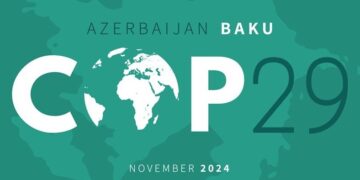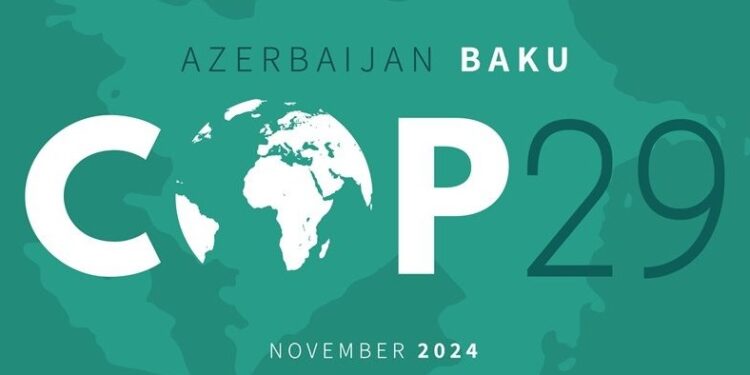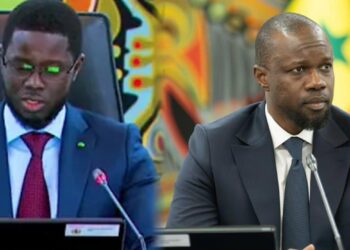By John Ikani
A proposed climate finance deal at COP29 has faced strong rejection from many developing nations, with the draft text failing to specify how much developed countries will commit annually to support vulnerable economies.
Presented just hours before the summit’s conclusion, the document has sparked widespread criticism for its lack of concrete financial targets.
Developing nations, led by the G77 and China, have been pushing for a $1.3 trillion annual goal under the New Collective Quantified Goal (NCQG).
However, Ali Mohamed, chair of the African group of negotiators, said the draft remains vague on the quantum of funds, urging developed countries to act with urgency.
“The elephant in the room, however, is the lack of a quantum proposal, and the text does not specify numerical figures,” he noted, highlighting the persistent gap in adaptation funding.
“Africa needs $52.7 billion annually by 2030 for adaptation but receives less than 25 percent of that. Worse, most of it comes as loans, burdening us with debt for a crisis we didn’t cause.”
Mohamed called for a tripling of adaptation funds by 2025 and a shift from loans to grants, emphasizing the economic and moral necessity of immediate action. He warned that each delay raises the cost of addressing the crisis, saying, “Every $1 invested in resilient infrastructure saves $4 in reconstruction. A $1.8 trillion investment could generate $7.1 trillion in benefits by 2030.”
Mohamed Adow, director of Power Shift Africa, described the draft as a “blank cheque,” urging developed nations to propose clear financial commitments. “This is the ‘finance COP,’” Adow said. “We came here to talk about money, and you measure money with numbers. Right now, all we have is a blank piece of paper.” He acknowledged some progress in discussions about grant-based financing but stressed the urgent need for definitive financial pledges to break the negotiation deadlock.
Fred Njehu, a political strategist with Greenpeace Africa, criticized the NCQG document as a “missed opportunity” to make polluters pay for climate destruction. “The principle of ‘polluter pays’ is mentioned, but there are no enforceable mechanisms to hold fossil fuel corporations accountable,” Njehu said, pointing to the demands of thousands of African citizens for tangible action.
Lamfu Yengong, forest campaigner at Greenpeace Africa, called the draft “unacceptable,” citing the severe impacts of climate change on African communities.
“African communities are on the frontlines of the climate crisis, yet the ambition on climate finance commitments is inadequate,” Yengong stated, echoing the collective frustration of many developing nations as the summit draws to a close.




































